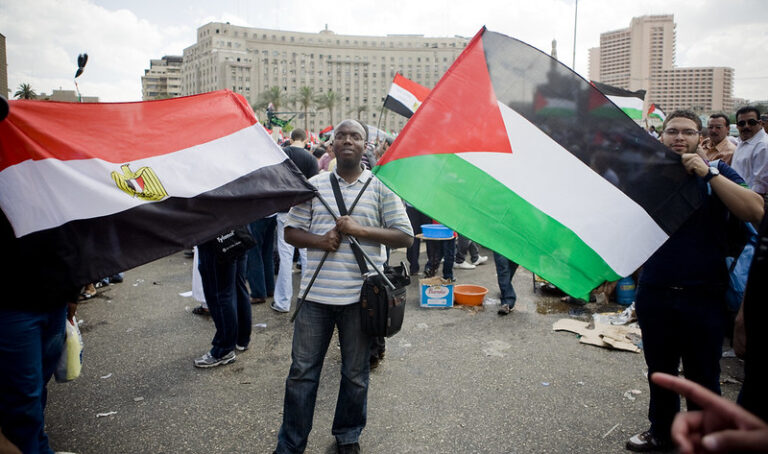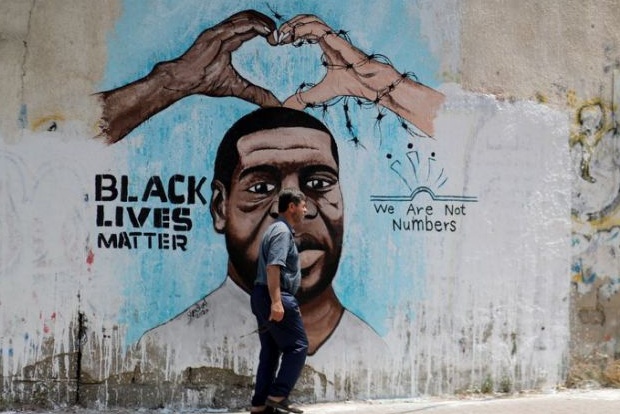This entry asks what it means to mourn the loss of the state as a vehicle for revolutionary liberation. State power was indeed authoritarian, and global solidarity in the era of the Third World Movement of the 1950s, 1960s, and 1970s was superfluous, but it still meant something to people then and now. Losing it was felt. In this piece, I revisit the 1967 Arab defeat against Israel known as al-Naksa (the resounding setback) within the context of the Third World movement and its influence on global solidarity in the ensuing decades following 1967. I focus on the loss of Egypt’s position as an anti-colonial leader after the 1967 war and subsequent death of Gamal Abdel Nasser in 1970. Egypt, once a bastion of revolutionary anti-colonial fervor at the nexus of Pan-Arab and Pan-African imaginaries, and a hub of the historic Third World, became radically realigned with the Global North under Anwar Sadat. I argue that the fate of the Egyptians, Palestinians, Arabs, and of anti-colonial global struggle each became unlinked and siloed as individual struggles. It is not just Arabs or Egyptians or Palestinians who were defeated, it was a whole anti-colonial ethos. How do we mourn the loss of the state as a vehicle for liberation, for Palestinians, for Arabs, for Africans, and for the post-colony?
Keyword: MENA
Introduction: Cultural Constructions of Race and Racism in the Middle East and North Africa / Southwest Asia and North Africa
In recent years, scholars in the fields of cultural studies, American studies, history, ethnic studies, and Middle East area studies have approached questions of race and racism in this geographic region with renewed critical vigor. Recent work deconstructing anti-Arab racism and Islamophobia in the Americas and Europe has put these patterns of discrimination into intersectional conversation with anti-Black and anti-Indigenous racism. New historical efforts have drawn attention to the legacies of slavery in the Ottoman, Persian, and Arab Empires, working to understand how forms of racialization and racial hierarchization predated and were exacerbated by the arrival of European imperial forces. At the same time, activists in the region draw attention to prevailing racism against migrant laborers, marginalized indigenous populations, and others as the afterlives of colonialism, war, austerity, and revolution carry on. Together, this academic and activist work asks for attention by leaders, community members, and scholars of this region to the particularities of racecraft in the region: How are “Blackness” and “whiteness” constructed in the Arabic, Hebrew, Persian, and Turkish speaking worlds? What are the obstacles to discussing and identifying race particular to the histories of this region, its peoples, and its histories? This forum uses close readings of popular culture and political discourse across the Middle East and North Africa / Southwest Asia and North Africa (MENA/SWANA) in pursuit of these questions and others.

